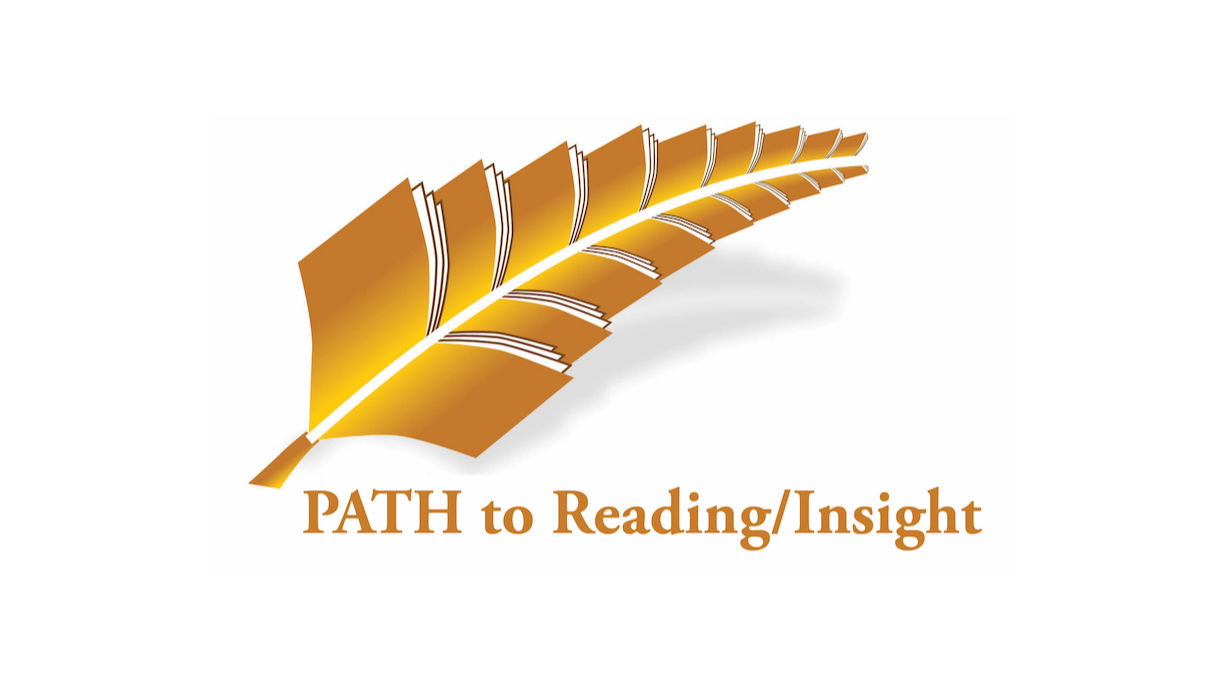
San Diego, September 25, 2023 – A groundbreaking study has shed light on the transformative capabilities of PATH Neurotraining. Two compelling case reports showcased its profound ability to address visual timing challenges associated with Dyslexia, Aging, and Concussion recovery, resulting in enhanced reading, attention, and executive-control networks. To delve deeper into this pivotal study, access the downloadable report: https://doi.org/10.3389/fneur.2023.898781.
This research bears significant implications for educational institutions and households. In California alone, over a million public school students grapple with Dyslexia at the same time as 1 in 3 children require “intensive” reading assistance in the aftermath of the pandemic.
Published in Frontiers in Neurology: NeuroRehabilitation, the study titled “Case Report: Neural Timing Deficits Prevalent in Developmental Disorders, Aging, and Concussions Remediated Rapidly By Movement Discrimination Exercises,” offers a profound insight into the impact of visual timing deficits on reading comprehension and speed, particularly in dyslexic individuals, older adults, and those recovering from traumatic brain injuries (TBIs). A mere 20-minute bi-weekly regimen of PATH neurotraining over eight weeks yielded noteworthy improvements in the visual and cognitive capacities of a 28-year-old dyslexic participant and a septuagenarian woman, effectively remediating their visual timing deficiencies.
Employing Magnetoencephalography (MEG) source imaging–a non-invasive functional imaging method–the study revealed PATH Neurotraining’s ability to rectify visual timing deficits within the middle temporal cortex of a dyslexic individual. This intervention led to an extraordinary surge in sustained attention from a mere 10% to an impressive 82%, while visual working memory witnessed a remarkable ascent from 6% to an astounding 99%. Remarkable cognitive advancements were similarly documented in the case of the elderly participant, who, at the age of 72, exhibited substantial improvements in visual working memory, auditory working memory, and processing speed that remained viable four years later at age 76 – percentages that ascended from 34% to 86% to 87%, 55% to 97% to 90%, and 42% to 77% to 87%, respectively.
The study underscores the efficacy of addressing neural timing deficits within low-level dorsal pathways before engaging in targeted cognitive exercises. It is the swiftest and most potent avenue to bolster cognitive capabilities. With compelling evidence, the study elucidates the transformative potential of PATH’s eye-brain exercises, centered around movement discrimination, in elevating the performance of visual, attention, memory, and executive control pathways. Notably, PATH Neurotraining emerges as the paramount visually-based therapeutic intervention for diverse manifestations of dyslexia, aging-related cognitive challenges, and post-concussion rehabilitation.
This investigation further establishes the capacity of movement discrimination exercises to invigorate the brain, galvanizing low- and high-level functions to fortify feedforward and feedback pathways. These exercises improve reading, problem-solving, and multitasking aptitudes by nurturing visual attention, memory, and executive-control networks. The study sheds light on the pivotal role played by visual movement discrimination, not only in addressing dyslexia but also in nurturing cognitive skills, including executive functioning, in individuals of all ages, from typically developing children to adults and even those in post-concussion recovery.
Visit the Path to Reading website https://pathtoreading.com to peruse an array of 1) testimonials from educators, parents, students, and optometrists, 2) publications, or 3) request more information.
Prospective participants can experience PATH training firsthand with a complimentary week-long trial (7 sessions). Visit the link above to register for a free trial.
Perception Dynamics Incorporated
pathtoreading1@gmail.com
+1 310 9036009
828 Santa Inez
COMTEX_441077147/2764/2023-09-27T11:59:28
Julian Lopez is professor emeritus of finance, served as the founding academic affairs dean and founding chair of the finance department.
Disclaimer: The views, suggestions, and opinions expressed here are the sole responsibility of the experts. No journalist was involved in the writing and production of this article.
